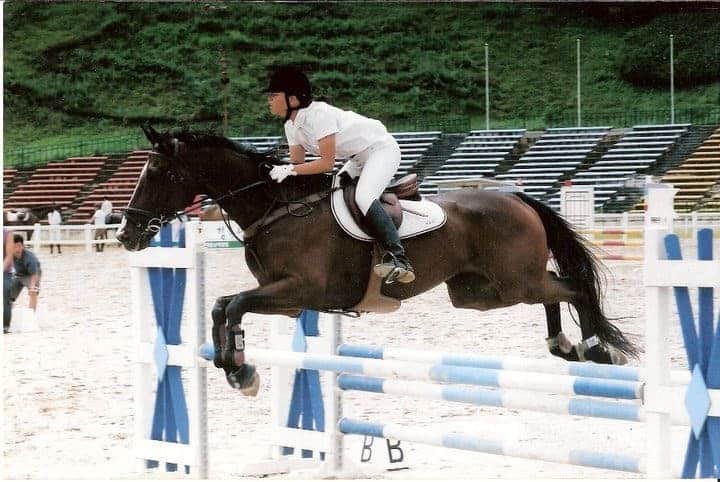
Equine Vaccination Do’s and Don’ts
Determining exactly which vaccines a horse needs can be confusing. Here are some basic do’s and don’ts to make sure you’re providing the disease protection your horse needs.

Determining exactly which vaccines a horse needs can be confusing. Here are some basic do’s and don’ts to make sure you’re providing the disease protection your horse needs.

Find out how to prevent equine upper respiratory tract infections from spreading throughout your barn.

The guidelines make new recommendations for core and risk-based vaccines for horses. The committee further emphasizes that routine vaccinations are considered essential during the COVID-19 pandemic.

We take a look back at seven eye-opening equine disease outbreaks in the past 100 years, including influenza in Australia, equine viral arteritis in North America, and African horse sickness in Spain.

Dunuwille is studying the vascular inflammatory process equine herpesvirus type 1 and equine arteritis virus induce. Both viruses can cause abortions in pregnant mares, and vascular inflammation plays a major role in these losses.

Reported diseases included African horse sickness, atypical myopathy, contagious equine metritis, salmonellosis, and more.

The first step toward preventing pregnancy loss in horses is understanding why it happens in the first place.

Officials reported diseases including African horse sickness, equine influenze, strangles, EHV-1, EIA, and more.

Carossino’s main research interest was identifying host genetic factors associated with persistent equine arteritis virus infection in the stallion’s reproductive tract.

Use this four-step plan to keep equine infectious diseases in check.

Blood samples revealed a 21% positive rate in breeding stallions compared to 6.7% in sport horses.
Confirmed diseases include influenza, EHV, strangles, nocardioform placentitis, piroplasmosis, EIA, and more.

Nam is studying equine arteritis virus evolution during persistent infection of stallions’ reproductive tracts.

Dr. David Horohov, UK Gluck Equine Research Center director, gives a overview of vaccines and explains their importance.

The codes are a guide to preventing and controlling equine diseases that could threaten the breeding industry.

Asymptomatic carrier stallions maintain infectious agents in the breeding population from one season to the next.
Stay on top of the most recent Horse Health news with
"*" indicates required fields